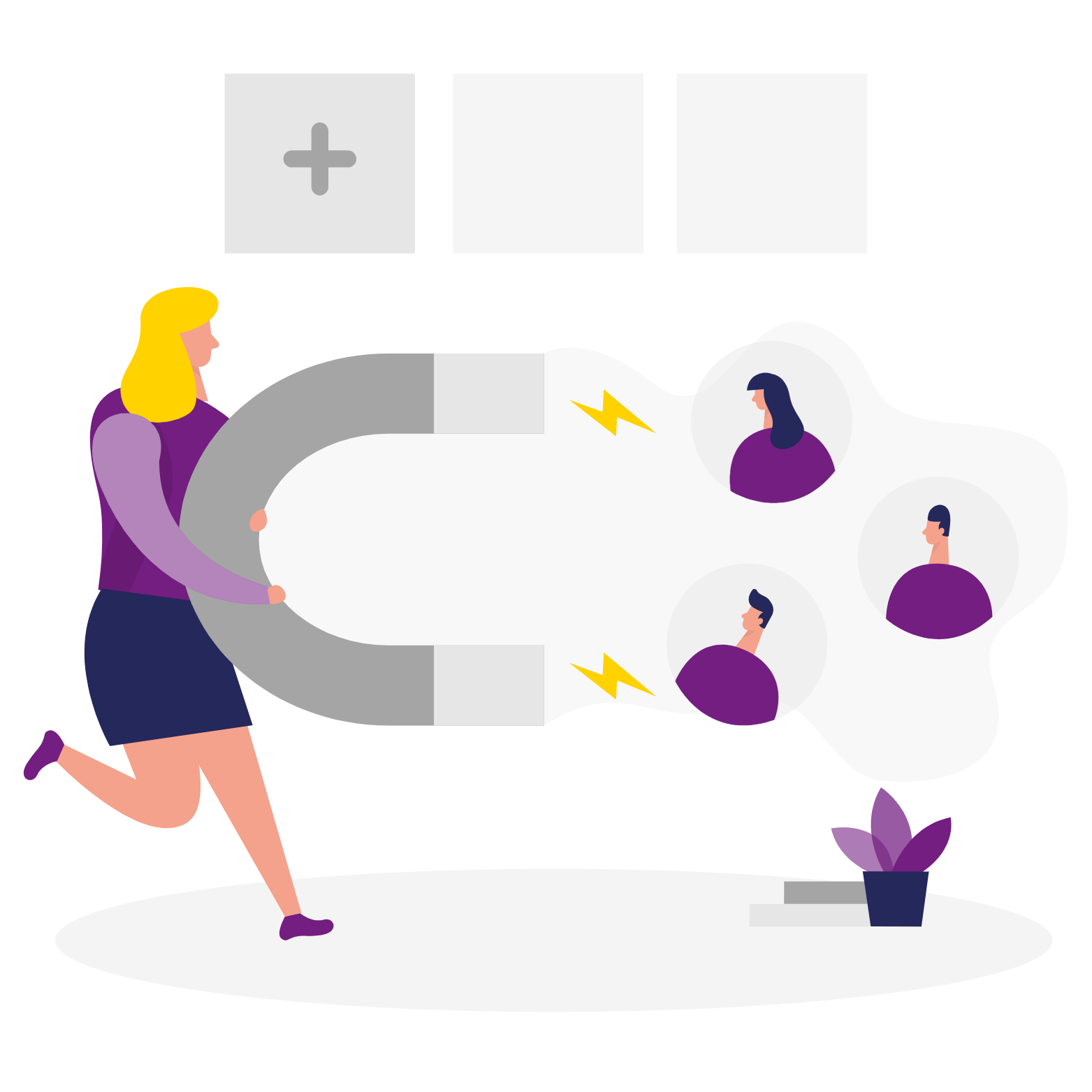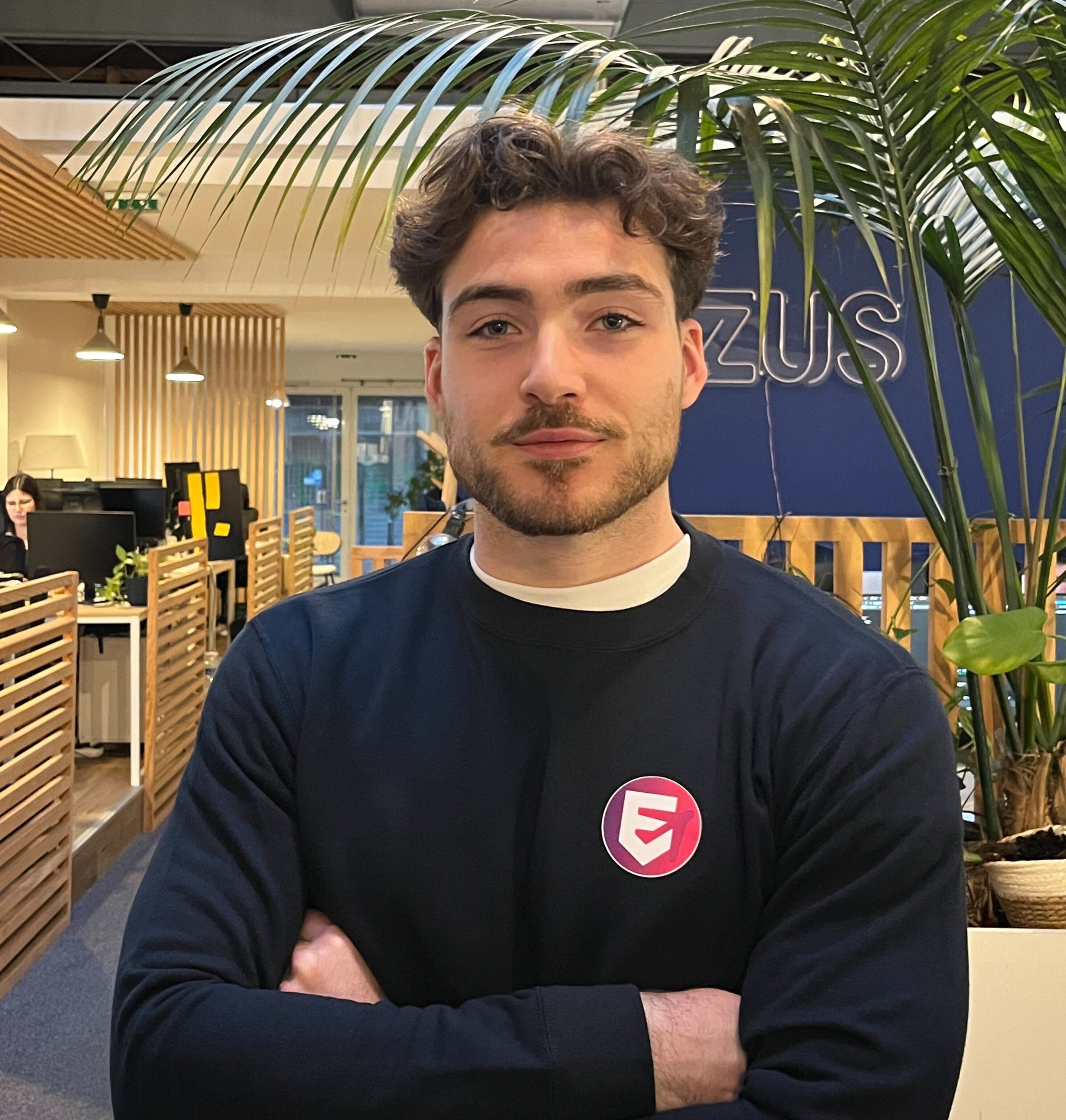In the tourism industry, competition is fierce. To stand out from the crowd and attract new customers, travel agencies need to adopt an effective marketing strategy. SEA (Search Engine Advertising) and online advertising are powerful tools for achieving this goal. In this article, we'll explore the importance of SEA for travel agencies, how to set up a successful campaign, relevant keywords to bid on, and examples of agencies that excel in their online advertising marketing strategy.
What is SEA? 🤔
SEA (Search Engine Advertising) is a form of online advertising that enables companies, particularly travel agencies, to promote their products or services on search engine results pages. The most popular platforms for SEA are Google Ads (formerly AdWords), Bing Ads and Yahoo! Advertising. When a user performs a search using specific keywords, such as "tailor-made trip" or "all-inclusive holiday", relevant ads are displayed at the top or side of the organic results.
The most common pricing model for SEA is pay-per-click (PPC), which means that the advertiser only pays when a user clicks on its ad. For example, if a travel agency launches a Google Ads campaign to promote its holidays in Thailand, and a user clicks on its ad after searching for "Thailand tour", the agency will pay the bid amount for this click. Advertisers bid on keywords relevant to their business, and their position in the sponsored results depends on their bid and the quality of their ad, determined by factors such as relevance, click-through rate and landing page quality.

The main advantages of SEA for travel agencies are :
- Precise targeting: ads can be targeted according to location (e.g., users looking for travel from Paris), language, devices used (computer, mobile, tablet) and user interests (e.g., lovers of adventure travel or luxury holidays).
- Immediate results: unlike Search Engine Optimization (SEO), which requires a long-term effort to improve a website's ranking, SEA delivers instant visibility on results pages. As soon as a campaign is launched, ads start to appear and generate traffic.
- Cost control: advertisers can define daily budgets and adjust their bids according to the performance of their ads. For example, a travel agency can choose to spend €50 per day on its Google Ads campaign and adjust its bids to give priority to the most profitable keywords.
- Performance measurement: SEA platforms provide detailed data on impressions (the number of times an ad is displayed), clicks, conversion rate (the percentage of users who complete a desired action, such as booking) and return on investment. This information enables travel agencies to optimize their campaigns in real time and maximize profitability.
Using platforms such as Google Ads, travel agencies can create highly targeted and measurable SEA campaigns to promote their offers and attract new customers. SEA is a powerful tool for agencies wishing to increase their online visibility, generate qualified traffic and boost sales in a competitive market.
How to set up SEA 👀
To launch an effective SEA campaign, follow these steps:
- Define your objectives: determine what you want to achieve with your campaign (lead generation, sales, brand awareness, etc.).Conduct keyword research: identify keywords relevant to your business, using tools such as Google Keyword Planner or SEMrush.
- Structure your account: create themed campaigns and ad groups to organize your keywords and ads in a consistent way.Write compelling ads: create eye-catching ads that highlight the unique benefits of your services and entice users to click.
- Optimize your landing pages: make sure your landing pages are relevant, easy to navigate and designed to convert visitors into customers.
- Set your budget and bids: determine your daily budget and adjust your bids according to the competition and the value of each keyword for your business.
- Track and optimize your performance: use the analysis tools provided by ATS platforms to track the performance of your ads, make continuous improvements and maximize your return on investment.
For travel agencies, it's essential to segment your campaigns according to trip types, destinations and target audiences. Use ad extensions to highlight special offers, customer reviews and contact information. Finally, don't forget to test different versions of ads and landing pages to identify the best performing combinations and optimize your results.

Relevant keywords for travel agencies 📚
Here's a list of popular keywords to bid on for your SEA campaign. Their relevance is defined according to two main criteria: monthly traffic, i.e. the number of people writing this query each month, and Keyword Difficulty (KD), which shows how competitive a search is:
- Customized travel (traffic : 2 900, KD : 58)
- Organized tours (traffic : 1 800, KD : 54)
- Authentic stay (traffic : 1 100, KD : 50)
- Local excursion (traffic : 2 200, KD : 56)
- Incoming agency (traffic : 900, KD : 48)
- Responsible travel (traffic : 1 500, KD : 52)
- Ecotourism (traffic : 1 200, KD : 51)
- Cultural immersion (traffic : 800, KD : 47)
- Theme travel (traffic : 1 600, KD : 53)
- Unusual destinations (traffic : 1 000, KD : 49)
Examples of travel agencies that succeed in their marketing strategy thanks to online advertising 📈
Here are a few eloquent examples of agencies that have succeeded in making the most of SEA's potential as part of their marketing strategy.
- Azimut Montagne : this incoming agency uses Google Ads campaigns to promote its tailor-made tours and authentic mountain sports excursions.
- Cercle des Voyages : this DMC specializing in made-to-measure travel uses Google ads to attract travelers looking for a complete package.
- Pérou sur mesure : this local agency offers adventure travel and trekking in Peru, and uses ads to target enthusiasts of unusual destinations.
- 66Nord : this agency specializes in winter travel and Northern Lights viewing holidays, and uses Google Ads to attract travelers looking for unique experiences.
- Vercors Escapade : this incoming agency offers hiking and themed trips based on local heritage, and relies on advertising to reach its target audience.
Conclusion
SEA and online advertising are essential tools for travel agencies wishing to stand out in a competitive market. By defining a clear strategy, choosing the right keywords and creating attractive ads, you can attract new customers and grow your business. Be inspired by the examples of agencies that have succeeded in their marketing strategy thanks to online advertising, and embark on your SEA adventure today!
―――――――――――――――――――――――――――――――――――――――――――――――――――――――――――――――――――
Ezus isn't part of your daily routine yet?
Dive into the future of travel management with our software solution, dramatically reducing your document creation times and simplifying the centralization of your personalized documents. Find out how during a demonstration.
FAQ : SEA marketing strategy for travel agencies
What are the key elements of a good SEA ad for a travel agency?
A good SEA ad for a travel agency should include relevant keywords, a clear call to action, attractive offers, and accurate information about the destinations or services offered. Personalizing the ad according to seasonality and travel trends can also improve performance.
How do you determine the budget for a SEA campaign?
The budget for an SEA campaign depends on several factors, including the competitiveness of the keywords chosen, the geography targeted, and the agency's objectives. It's important to start with a test budget, analyze performance, and adjust according to results to optimize ROI.
Is it possible to target specific customers with SEA?
Yes, ATS offers advanced targeting options, enabling travel agencies to target users based on location, devices used, interests and search behavior. This makes it possible to tailor campaigns to reach specific market segments.
How do you measure the success of a SEA campaign?
The success of an SEA campaign can be measured by various indicators such as click-through rate (CTR), cost per click (CPC), return on investment (ROI), and conversions generated (bookings, quote requests, etc.). Conversion tracking is essential to accurately assess campaign effectiveness.
What's the difference between SEO and SEA?
SEO, or Search Engine Optimization, is about optimizing your website to improve its ranking in organic search results. SEA, on the other hand, is based on the purchase of paid advertisements that appear in search results. SEO is a long-term process, while SEA can generate traffic and conversions more immediately. To find out more about SEO for a travel agency, read this article.
Should I continue with SEA if I'm already well ranked in SEO?
Yes, SEA can complement SEO by increasing visibility and driving more traffic to your site, even if you're already ranking well organically. It can be particularly useful for promoting special offers or seasonal campaigns.
Are social media platforms also relevant to ATS in the travel sector?
Absolutely, social media platforms like Facebook, Instagram and Twitter offer paid advertising options that can be extremely relevant for travel agencies. These platforms make it possible to target specific audiences and use visually appealing advertising formats, such as stories and videos.


Join Ezus today
Request a demo today and discover how our software can help you reach new heights.












.avif)




